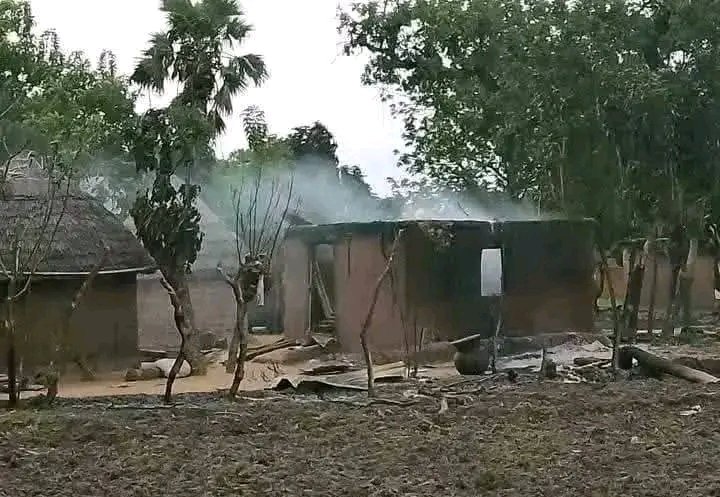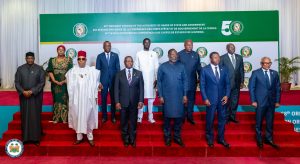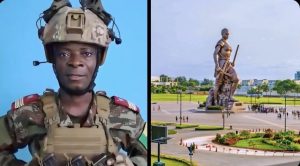Abuja, 15 June 2025 – The Nigerian government faces mounting criticism for its silence on the horrific massacre in Yelewata, Benue State, where at least 100 people were killed by suspected armed herdsmen in a brutal overnight attack. The coordinated assault, which occurred between late Friday and early Saturday, saw gunmen torch homes, lock families in their bedrooms to burn, and leave hundreds wounded, many without medical care. As the nation reels from the tragedy, questions are being raised about why President Bola Ahmed Tinubu’s administration has prioritised international condolences over addressing this domestic crisis.
According to Amnesty International Nigeria, the attack on Yelewata, a community in Guma Local Government Area, left dozens missing and countless homes reduced to ashes. Social media posts on X describe a bloodbath lasting over three hours, with armed invaders overpowering local youths and police in a two-pronged assault. “Many bodies were burnt beyond recognition,” Amnesty reported, with graphic images circulating online showing charred buildings and corpses. Benue State Police spokesperson Udeme Edet confirmed the attack but provided no casualty figures. Governor Hyacinth Alia has dispatched a delegation to support grieving families, vowing to bring those responsible to justice.
The Yelewata massacre is the latest in a series of violent attacks in Benue, a state long plagued by herder-farmer conflicts over land and resources. Just two days prior, 25 people were killed in an attack on Makurdi, and two weeks earlier, another 25 died in separate assaults in the state. In April, Governor Alia reported 598 deaths from similar violence, with militia reportedly controlling 20 of Benue’s 23 local government areas. A Senior Advocate of Nigeria, Chief Sebastine Hon, has petitioned Tinubu to declare a military state of emergency, warning that Nigeria’s sovereignty is at stake.
Despite the escalating crisis, the Federal Government’s response has been tepid. National Security Adviser Nuhu Ribadu, representing Tinubu in April, expressed solidarity with Benue’s people, but no significant action has followed. Meanwhile, the presidency has been quick to issue statements on global issues, extending sympathies to India and commenting on the Israel-Iran conflict. This disparity has ignited public anger, with many Nigerians questioning Tinubu’s priorities.
Posts on X reflect the growing frustration. One user wrote, “Tinubu’s government is quick to tweet condolences for foreign crises but silent when Yelewata is bathed in blood.” Another demanded, “Where is the condemnation for the herdsmen slaughtering Benue indigenes? Charity begins at home.” Critics argue that the administration is distracted by international optics at a time when Nigeria faces multiple security challenges.
In April, opposition leader Peter Obi criticised Tinubu’s two-week absence abroad amid rising insecurity, noting that over 150 Nigerians had died in violence during that period. On 23 April, Tinubu announced a security strategy overhaul, declaring “enough is enough” in response to attacks in Benue, Borno, Plateau, and Kwara. However, with the Yelewata massacre underscoring the ongoing threat, many doubt the effectiveness of these measures.
For Yelewata’s residents, the government’s silence is a betrayal. “Benue is Nigeria’s food basket, but we’re being slaughtered like animals,” a survivor told local media. The Tinubu administration now faces a critical test: can it address the urgent need to protect its citizens while maintaining its global diplomatic engagements? For the people of Benue, the answer cannot come soon enough.
Subscribe to our newsletter!






